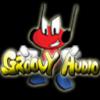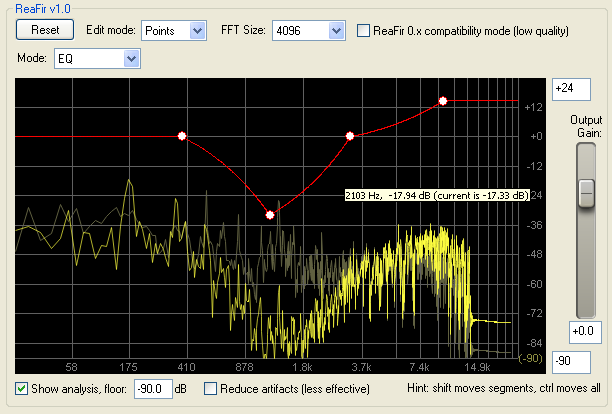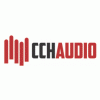One of the things you can help is to imrpove your analytical listening. Active listening involves training your ear to hone in on elements in a song. Taking a whole mix and deconstructing it so you can analyze how it was constructed in the mix.
Reference tracks are songs that are mixed well in the genre you are mixing and using them as a tool to help re-create the same EQ, reverb, panning and volume for the parts. Then you can A/B your mix with the reference track and see how they compare.
Draw a square on a piece of paper. Listen to a song you're using as a reference.
Within that square, draw what instruments and where they are in the stereo field, how far back they are in the mix - volume, placement with wet reverb.. etc - how you percieve it.
Identify processing used - chorus, flange, echo, reverb.. eq.
You should be able to construct a fairly good graphic representation of a mix. This is the blue print you can use to apply to your own song.
These are actual exercises we had to do in an audio engineering course. We also learned how to hear individual frequencies on a 20 band EQ. Our lecturer used to test us twice a week by boosting or ducking one of the bands.
Mixing is like playing an instrument, you don't just do it, you need to learn the basics first and then practice listening to other's play to try to emulate, and practice playing to improve. A lot of this skill is practice, and learning how to hear things in the music and then understanding how your processing and eqing will affect that mix.
There's no specific 'reference track' library persay, just songs that you aspire to mix as well as.







